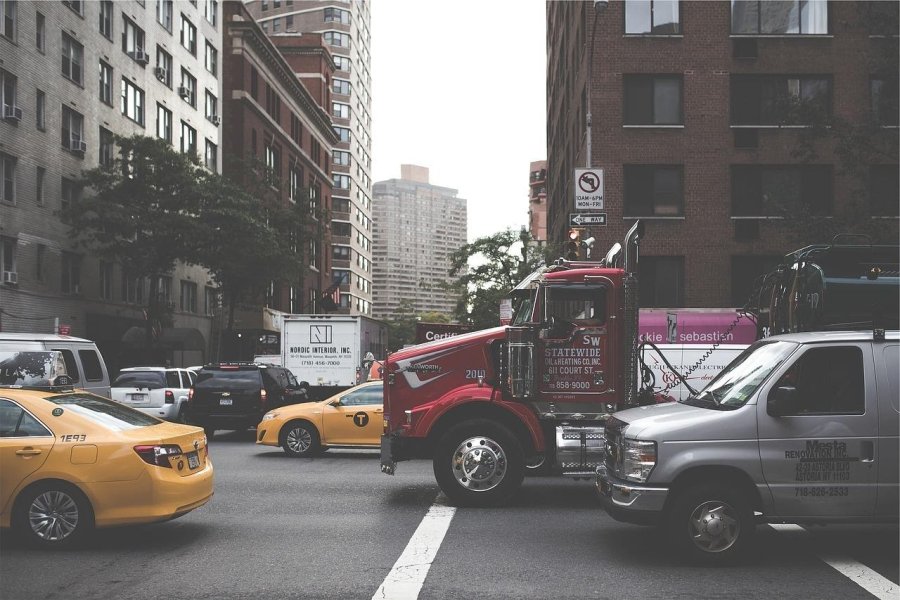Even the most adept small businesspeople occasionally hem and haw over a decision, especially when it comes to impactful decisions about expenditure and efficiency. One such decision – which itself leads to many other, smaller decisions – is “does your business need a vehicle?”
And if so, what vehicles do you need? Should you lease your vehicles, or buy them? How do you keep yourself safe on the road in a business vehicle, and what’s involved in the vehicles’ maintenance? In this article, let’s attempt to address those important considerations.
Business Functions
First off, you have to decide whether your business needs a vehicle. The answer, in most cases, is yes. All but the smallest ecommerce operations can benefit from having a vehicle to conduct business, especially if your business transports things (e.g. a courier outfit) carries supplies (e.g. a caterer), makes sales calls (e.g. a craft beer company) or visits clients (e.g. a real estate agency).
In all these cases, having a business vehicle is imperative. Even if you don’t see your type of business in one of the above examples, it could still be beneficial, especially if you consider…
Branding & Image
Business vehicles aren’t strictly for functionality – they can also be powerful branding tools. A branded vehicle acts as a kind of moveable billboard, advertising your business, and can make you seem more legitimate when meeting with clients, customers, suppliers and/or collaborators.
That said, it’s generally a good idea to get a nice vehicle. Driving up to meetings, or around town, in a dilapidated, rusty or aging vehicle isn’t a great look for a business. You might wonder, then, how do you afford a newer business vehicle. That leads to the next point…
Leasing Vs. Buying
One of the key choices business owners have to make when acquiring vehicles is whether to buy them or lease them. While buying certainly has its perks (mostly emotional, given that you own the object), the benefits of business fleet leasing are far greater.
For one, leasing is better for cash flow. With lower monthly payments, and virtually no down payment, your business won’t need to take a cash flow hit, allowing you run business as usual. Leasing also allows you to continually drive newer cars (which, as discussed above, is important), since lease terms tend to last only a couple years. Finally, the tax advantages of leasing are better than if you buy.
Driving Safety & Maintenance
An important point to consider, especially if it’s not necessarily you driving the vehicle(s), is safety. Ideally, you want to systematize and regulate safety protocols, like how to drive, when to abstain from driving (i.e. when an employee is tired) and how to keep an eye on certain safety features and key functions of the vehicles. This can be accomplished with a safety course, and established set of rules and best practices.
A vehicle will improve your small business, but there are important considerations to make before you dive in. Follow the above considerations, and you’ll be driving the road to success in no time.
